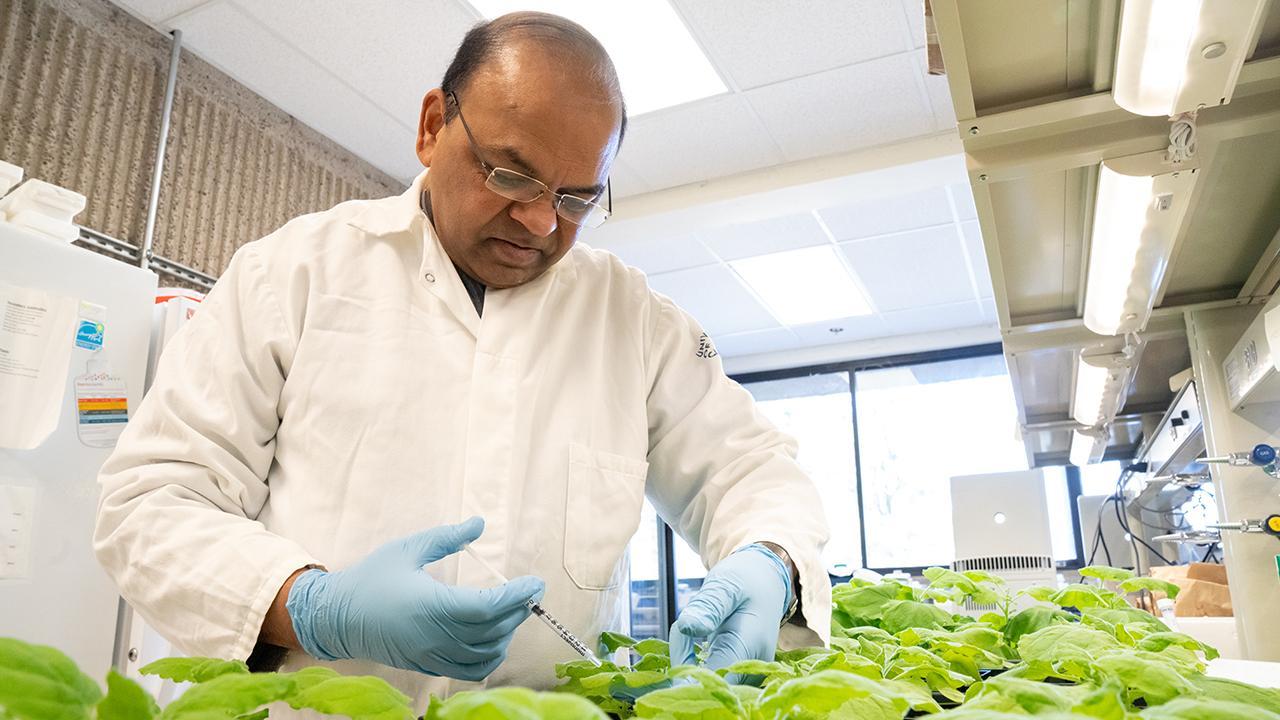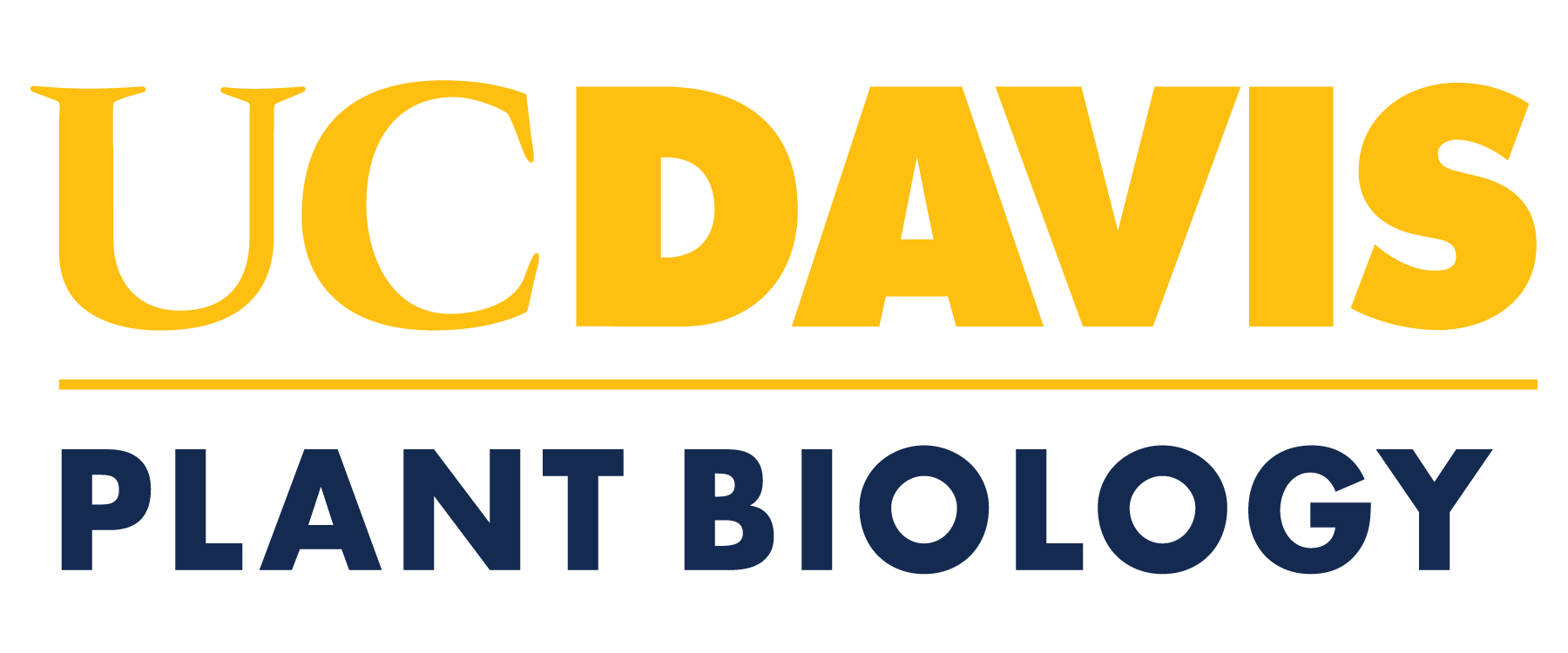
Plant Biologists Identify Promising New Fungicides
A promising new fungicide to fight devastating crop diseases has been identified by researchers at the University of California, Davis. The chemical, ebselen, prevented fungal infections in apples, grapes, strawberries, tomatoes and roses, and improved symptoms of pre-existing fungal infection in rice.
Fungal pathogens account for almost a quarter of global crop losses—in the US, these losses amount to around $150 billion per year. However, fungicide development has been slow for the past 50 years, largely because researchers have had difficulty identifying molecular pathways to target. In a new study published Feb. 29 in Nature Communications, UC Davis researchers identified fungicide candidates that target autophagy, a cellular recycling process that was recently shown to be essential for fungal pathogenicity.
Using a novel screening method based on bioluminescence, the researchers identified 30 chemicals that inhibit a key enzymatic step in fungal autophagy. The most promising candidate, a chemical called ebselen that has been shown to have anti-inflammatory and neuroprotective properties in humans, was more effective at preventing in vitro fungal growth than currently available fungicides.
“Inhibiting autophagy significantly reduces the pathogenicity of several devastating fungal pathogens,” said senior author Savithramma Dinesh-Kumar, a professor and chair in the Department of Plant Biology. “Our findings provide molecular insights that will help to develop the next generation of antifungal compounds.”
Read the full story here.
